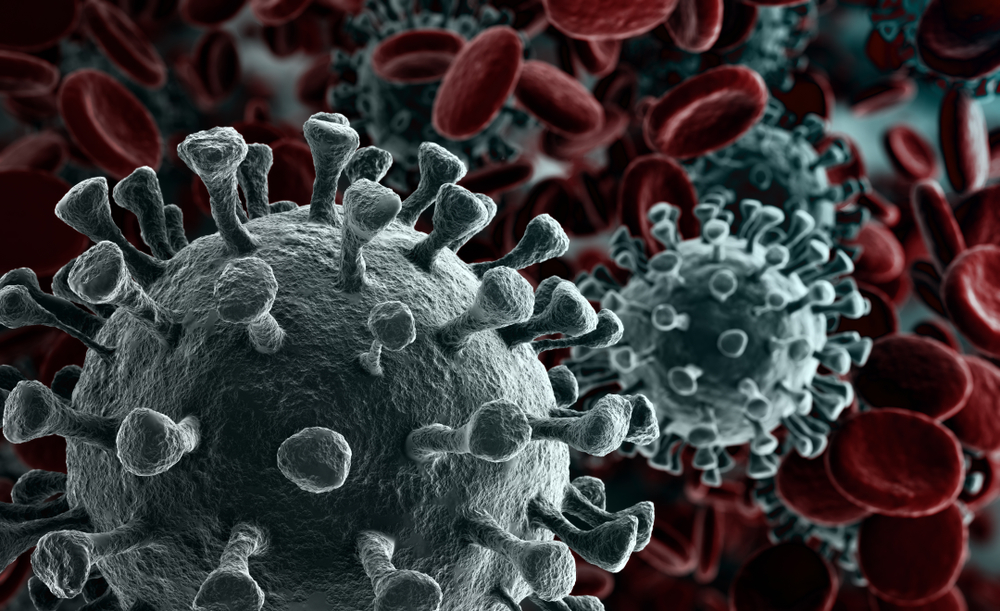
A virus is a microscopic organism that exists almost everywhere on earth. Viruses can infect animals, plants, fungi, and even bacteria. A virus is so powerful that it can cause disease so deadly that it can be fatal. Other viral infections trigger no noticeable reaction.
A virus can have a different effect on one type of organism and a different effect on another. This explains why a virus that affects a cat doesn’t affect a dog.
Viruses vary from one another in complexity. They consist of genetic material, RNA or DNA, surrounded by a coat of protein, fat, or glycoprotein. Viruses are classified as parasitic because they cannot replicate without a host, being the most abundant biological entity on the planet.
Post Views: 3,969












































